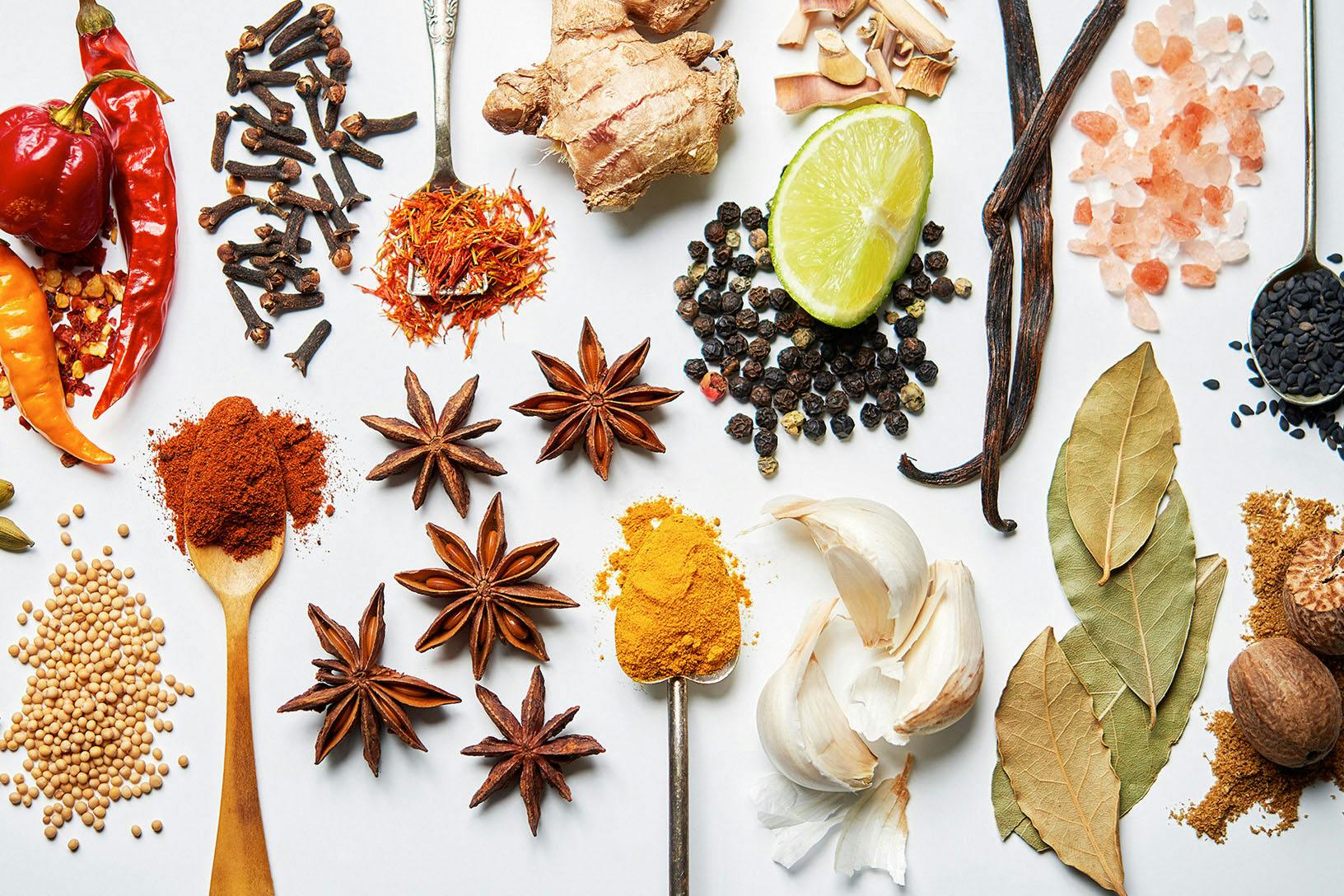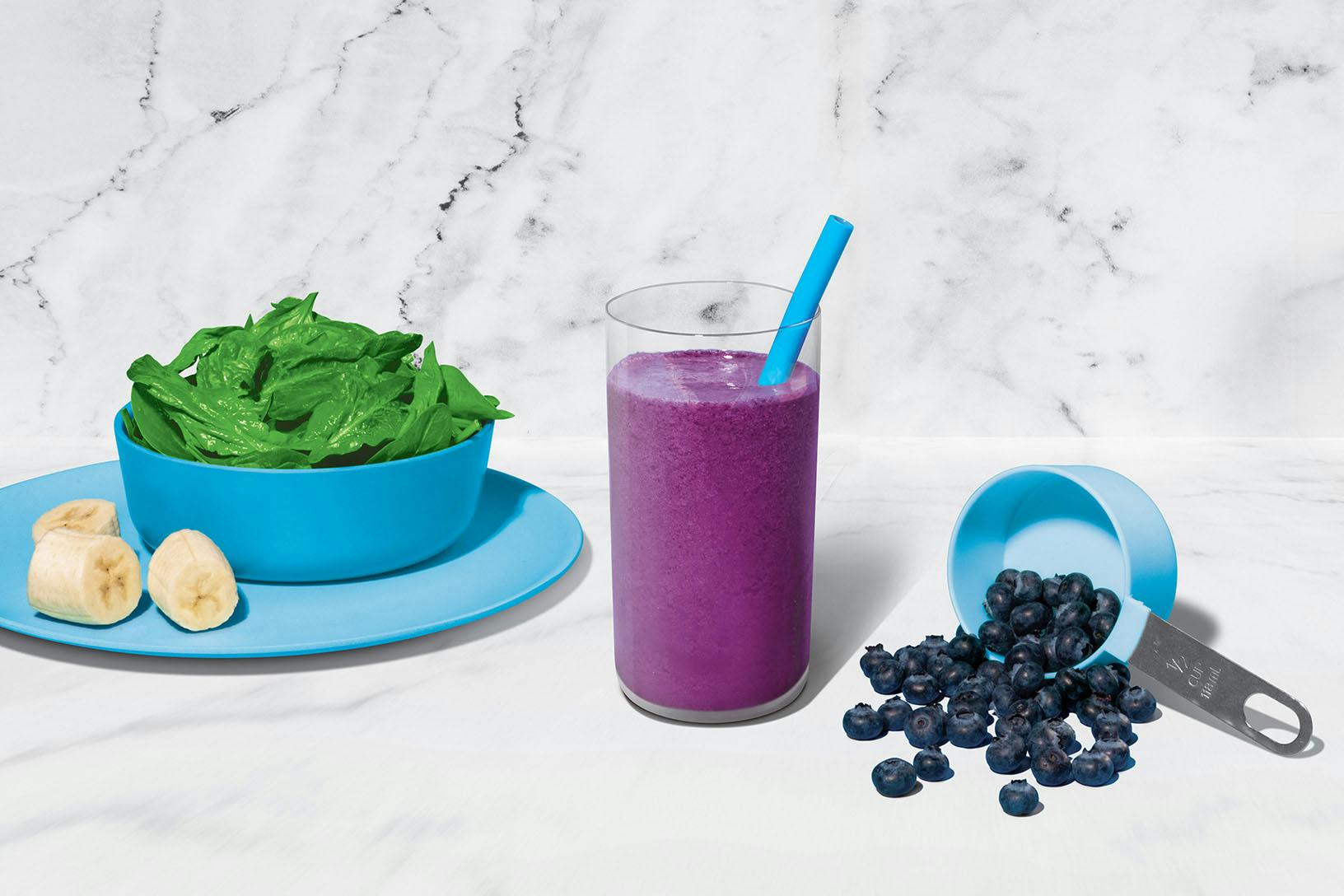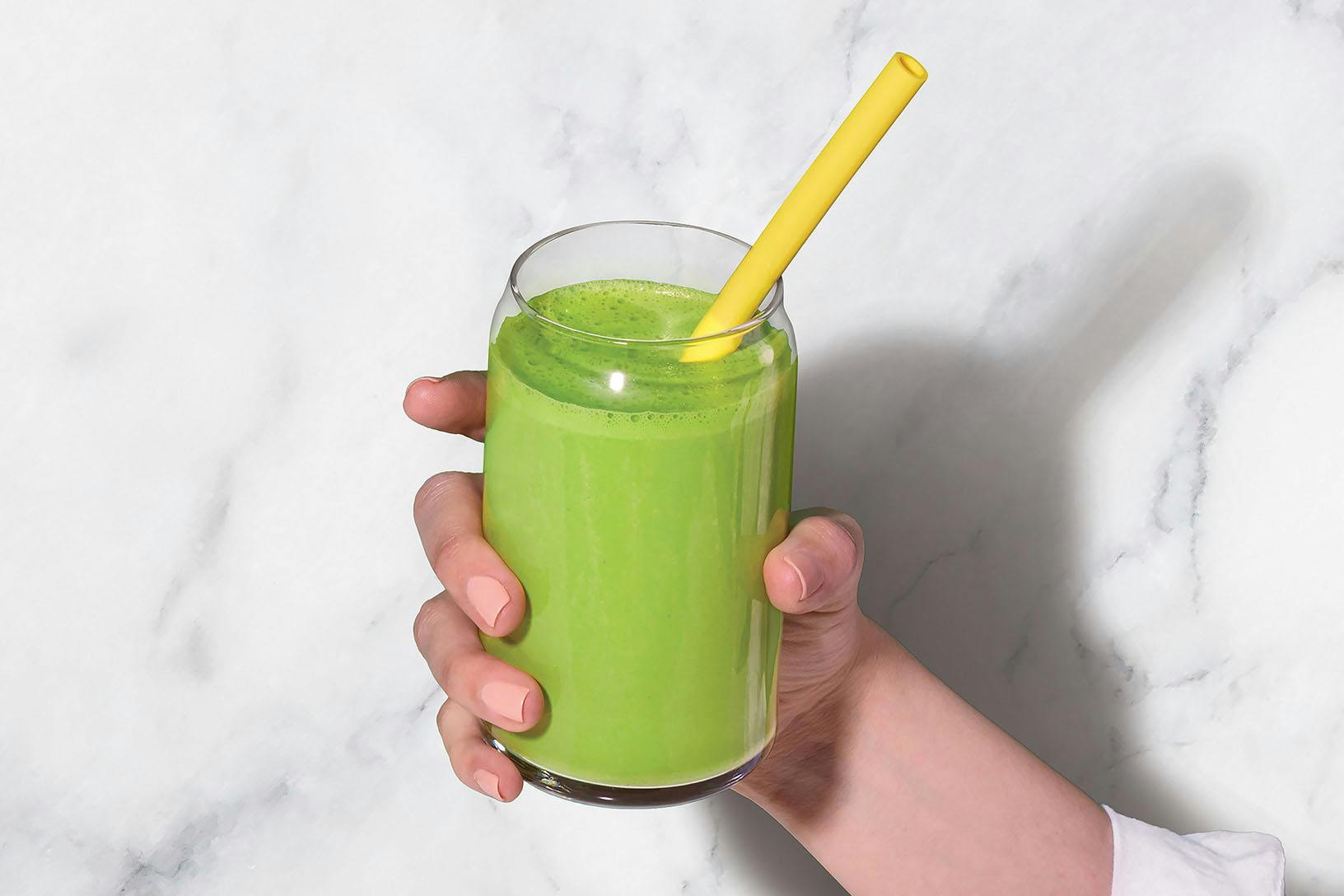FREE shipping on US orders over $45!
Your cart is empty!
FREE 1-year warranty on all blenders and juicers
More to Consider







Taxes and discounts calculated at checkout.

McKenzie Jones
April 9, 2025
McKenzie Jones
McKenzie is Registered Dietitian Nutritionist for nutribullet who aims to make the world a healthier, happier place. She believes that living a healthy lifestyle and eating for your health isn't meant to be complicated -- it's meant to be simple, enjoyable, and judgment-free (with room for dessert). When she’s not dishing out nutrition tidbits, you can find McKenzie visiting her local farmers market, hiking her favorite trails with her husband, and chasing after her daughters.
Looking to support your immune system? Take a trip to your spice rack!
It’s no surprise that countries with rich culinary traditions—like China and India—have long used potent herbs and spices not just for flavor, but for wellness. The bold tastes of these roots, leaves, and seed pods come from concentrated plant compounds, many of which have been shown in studies to support immune health and offer protective, disease-fighting effects.
Some offer targeted benefits—like soothing digestion or helping regulate blood sugar—while others support overall health and vitality. Here’s a closer look at a few of our favorite health-promoting herbs and spices.
For more ideas for how to spice your life, check out our library of recipes packed with flavor and health promoting ingredients.

Is there such a thing as a perfect smoothie? This sweet medley certainly makes a strong case. With a classic combination of blueberries, banana, and spinach, this superstar smoothie provides a powerful nutrient boost!

Consider this blend the little black dress of nutribullet smoothies: it never goes out of style. To help keep your energy stable throughout the day, aim to balance your meals and snacks with high-quality protein, healthy fats, and fiber-filled carbs – like this combo of Greek yogurt, peanut butter, fruit, and veggies. There’s a reason this one is always on-trend.

Start your day on a high note with this nutritiously cheerful blend of greens, mango, banana, and chia seeds.